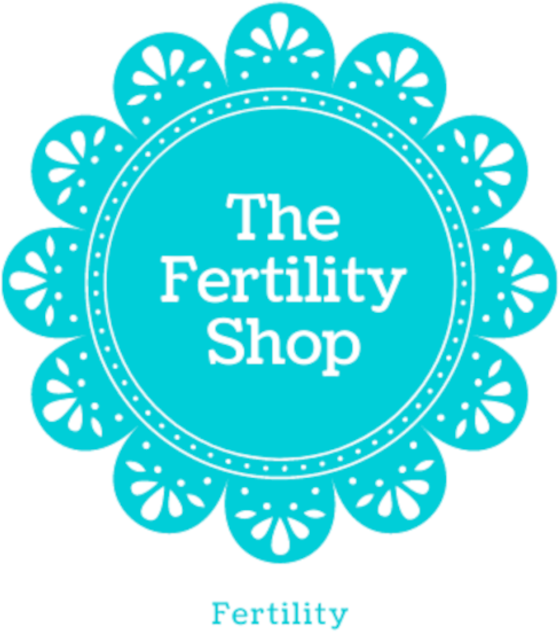
We know that a woman is born with all of the eggs she will ever possess (although there is now some research using stem cells to increase the numbers, but that is still in infancy). Egg health is very important to your fertility and they need to be nourished in order to mature, ovulate, fertilise, implant and finally, make a baby.
The amount and quality of the eggs are genetically determined and reduced over the years. To improve egg quality, the environment in which the eggs are growing can be optimsed by your lifestyle factors just like any other cell in the body.
I always think of the egg as being magnificent. Once released, during ovulation, it is 550 times bigger than the sperm and it’s the largest cell in the human body. Prior to ovulation, it matures in a fluid-filled follicle and needs energy for the journey ahead. An egg lives up to 24 hours, so in this short window of time, it needs to be as healthy as it can be. Discussed below are different ways on how to improve egg quality.
Adequate supply of good hormonal fuel
The right hormones are required in the right amount at the right time during the menstrual cycle to grow, mature and ovulate an egg. Many women struggle during a cycle and are ruled by moods, foods and hormones. They also struggle with blood sugar balance, but regulating blood sugar by cutting sugars from tall diet will help. Inositol helps to regulate blood sugar and is an important component of follicular fluid. Remember; stress, lack of sleep and exhaustion all affect hormonal balance, and increased stress hormones can be detrimental to egg health.
Good supply of energy
Another point on how to improve egg quality is by getting good supply of energy by eating healthy food. The egg cell requires different nutrients for different parts. The outer layer (the cell membrane) requires essential fatty acids Omega-3 and DHA. The powerhouse of the egg (the mitochondria) needs energy for when the egg divides after fertilization; CoQ10 works with enzymes, which help to cause chemical changes within the body, particularly energy production, and is needed for the reproductive system. B vitamins and Zinc are also needed for cell division after fertilisation.
Protection against free radicals
We all know that free radicals attack the cells and speed up the ageing process when it comes to beauty. But, did you know that they are as important and necessary for healthy fertility? Everything in the body is made of cells that need to be protected against free radicals and this includes the egg and sperm cells, as well as all of the reproductive organs. Free radicals are a by-product of our metabolism and although they’re needed at low levels, if you drink, smoke and have a poor diet, it increases your free radical load, which in turn damages your eggs. The great thing is that a diet rich in antioxidants neutralises free radicals, so bright coloured fruits and vegetables will give you plenty of ammunition.
Appropriate nourishment
Protein provides the building blocks to healthy eggs and hormones; protein from fish, chicken and meat as well as vegetable sources are all crucial to egg health. One-quarter of infertility cases is associated to ovulation disorders. Although, recent studies have suggested that a diet with excess animal source protein levels can negatively impact fertility, dietary changes to vegetable source of proteins can improve or maintain the proper function of the ovaries and therefore enhance your chances of getting pregnant. Whole milk products and vegetable proteins are good but eliminate trans fats from the diet as these can affect ovulation.
Balanced nutrition
Micronutrients all help in the eggs’ development, and Vitamin D is key to this, especially for women going through IVF. Studies show that those with higher levels of the sunshine vitamin had a better IVF outcome. Many of our clients who are deficient in Vitamin D have been linked to hormonal imbalances. Omega-3 and Essential Fatty Acids may influence egg maturation, so ensure you have enough in your diet. Iodine is abundant in the thyroid, ovaries and breasts and can be found in Essential Fatty Acids, Zinc and Betacarotene.
visit our shop for range of nutritional supplements for fertility and pregnancy
Blood flow
Studies show that acupuncture and fertility massage can help to increase blood flow to the pelvic area and the ovaries. If you have a good blood flow, more nutrients are able to get through and boost the health of the eggs.
Lifestyle factors
It is well documented that alcohol, cigarettes and recreational drugs affect egg health and increase free radical damage. Being overweight or underweight can also affect fertility; so take a good look at your exercise regime and your diet. Lifestyle factors such as diet, alcohol consumption, drug use, cigarettes, age and infections all increase oxidative stress, which in turn affects the health of the egg.
Environmental factors
BPA (Bisphenol A) is a chemical found in hard plastics and the coating of drink and food cans. Studies have found that BPA can affect the egg health by decreasing the percentage of eggs that matured, increasing the percentage of eggs that degenerate. Other chemicals often found in body care and cleaning products are thought to disrupt our hormones such as parabens, palates triclosan SLS . For information on this visit www.ewg.org
Sleep
Several studies have shown that the blue light from our electronics are keeping us from getting enough sleep. But the blue light from your gadgets isn’t just keeping you from sleeping well, it can also be negatively impacting your ability to get pregnant. The blue light emitted by your electronics suppress melatonin, a key hormone that both helps you sleep and protect your egg quality when they are close to ovulation. Without adequate melatonin production, your egg quality can suffer and make achieving a pregnancy more difficult.






0 Comments